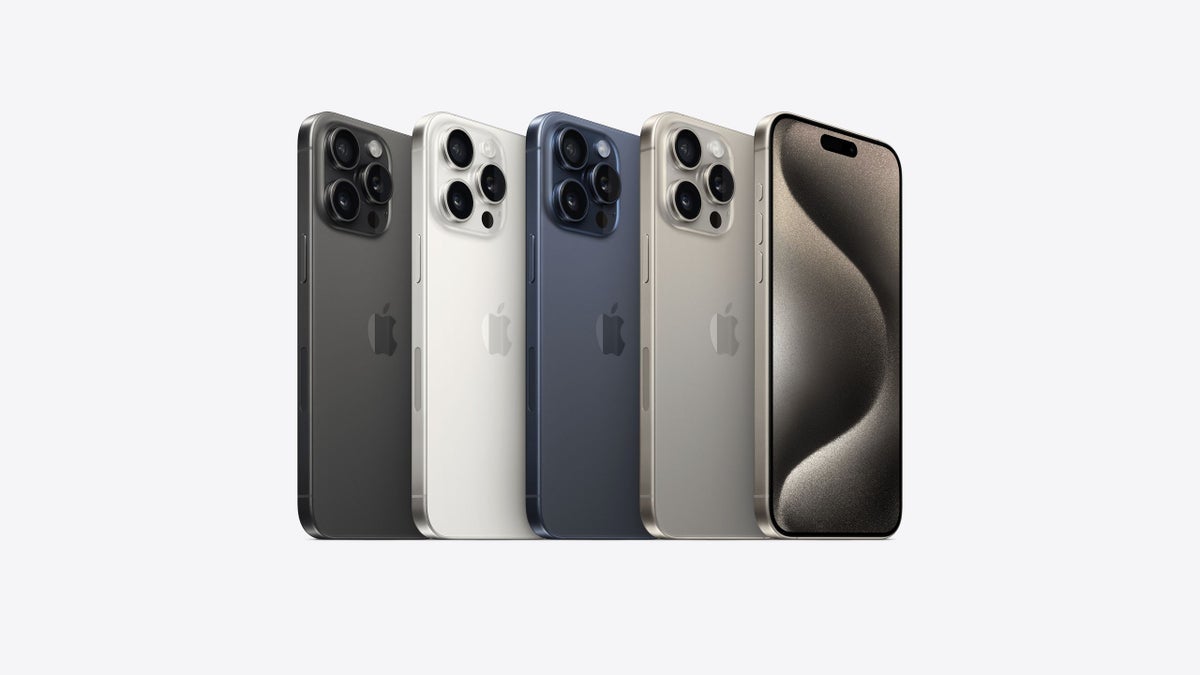“Local rivals” means… Huawei.
The discount campaign, running from May 20 to May 28, is more substantial than the one Apple offered in February, which had a maximum discount of 1,150 yuan. This time, the highest discount of 2,300 ($318) yuan applies to the 1TB iPhone 15 Pro Max model. Other models also see significant price cuts, such as the 128 GB version of the base iPhone 15 model, which has a discount of 1,400 yuan ($194).
Apple’s increased competitive pressure comes after Huawei introduced its new series of high-end smartphones, the Pura 70, following the launch of the Mate 60 last August. The February discounting effort helped Apple mitigate a sales slowdown in China, with shipments increasing by 12% in March according to Reuters’ calculations based on data from the China Academy of Information and Communications Technology (CAICT). This was a notable recovery from the first two months of 2024, when the company experienced a 37% slump in sales.
It’s like a déjà vu
In the fall of 2023, Chinese retailers began offering iPhones with deep discounts, suggesting a challenging market for Apple. One vendor sold the iPhone 15 (512 GB) for 7,498 yuan, 1,501 yuan lower than Apple’s official price of 8,999 yuan – a roughly $205 discount, or almost 17%.Similarly, the iPhone 14 Pro and 14 Pro Max were discounted by 700-800 yuan, approximately $100, or 7% to 9% off the original price. The iPhone 15 Pro Max (512 GB) received an 11% discount, going from 11,999 yuan to 10,698 yuan on Alibaba’s Taobao platform.
Despite these discounts, iPhone sales in China dropped by 30% in the first week of 2024, according to earlier reports. This decline highlights the increasing competitive pressures from domestic rivals, notably the still-sanctioned but resurgent Huawei. The sales drop occurred despite significant price cuts on multiple iPhone models at major Chinese marketplaces.
The 30% drop marks an acceleration from the 3% year-over-year decline Apple experienced in 2023 in its third-largest market. This decline equated to a 0.4% decrease in Apple’s market share. The rise of Huawei, especially with its Mate 60 series launched in August 2023, played a significant role in this shift.
